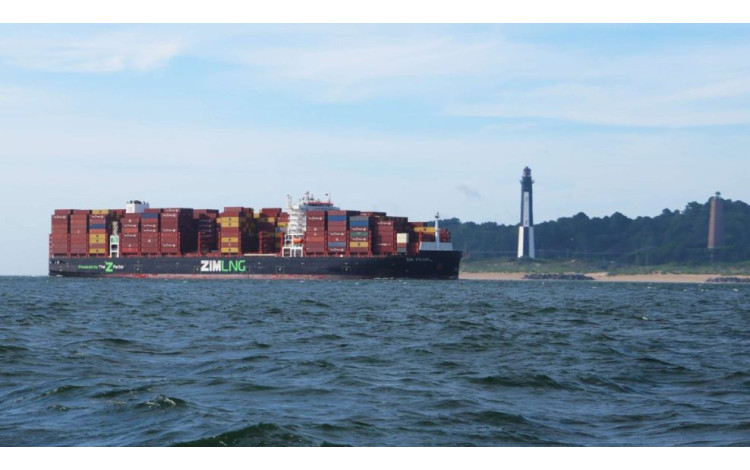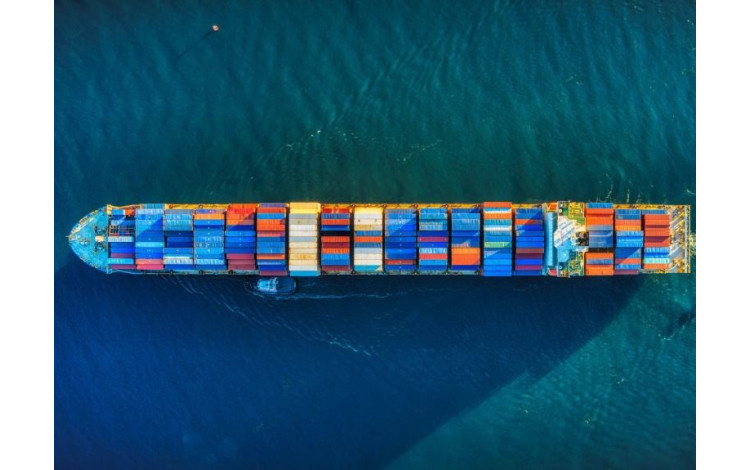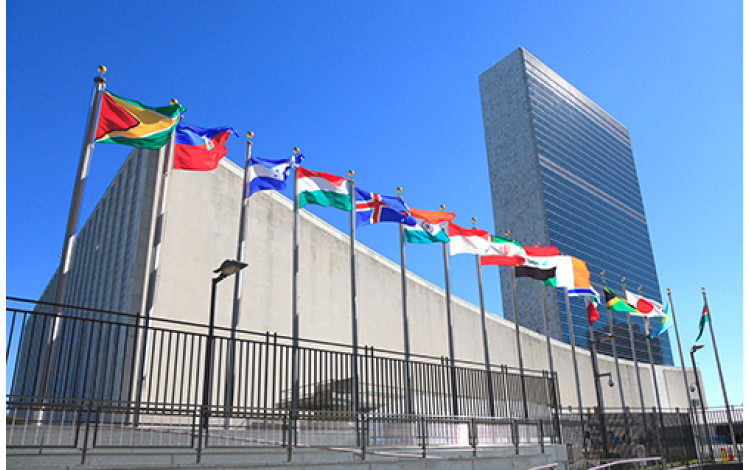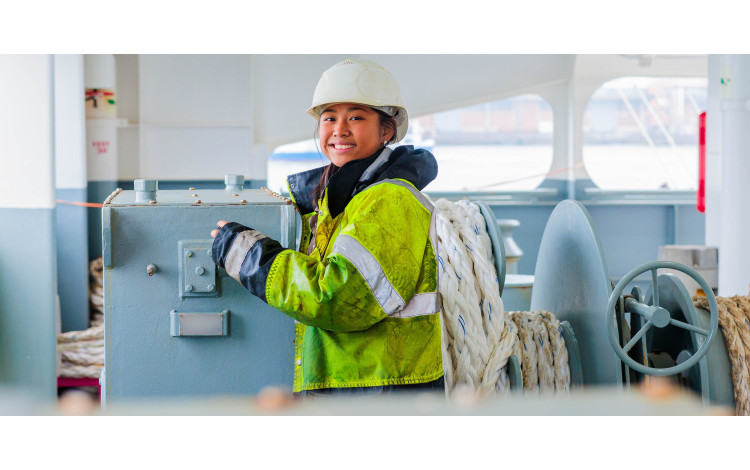
Both shipping companies have confirmed the agreement, and Hapag-Lloyd has secured a deal with the FIMI fund to operate the new subsidiary in Israel.

SDC 12 session addressed safe return to port and remote inspections, among other matters

The Agreement on Biodiversity Beyond National Jurisdiction (BBNJ) aims to promote the sustainable use of marine biodiversity in international waters.

Amendments to key IMO treaties include reporting lost containers and mandatory training on preventing harassment and bullying at sea.